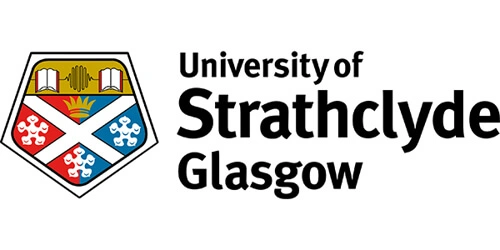The Cyber-Physical Systems programme aims to develop cutting edge capability to maintain and protect equipment, assets and infrastructures of marine industry through the convergence of operational and information technologies by seamless integration of physical components with modern computation, control and automation algorithms.
The programme uses advanced modelling, simulation and optimisation techniques based on AI, statistical and fuzzy logic approaches to discover salient and emerging properties of engineering systems and their operational characteristics. This is achieved through the application and effective usage of data-driven models and analytics, including dealing with big data and real-time data streams.















